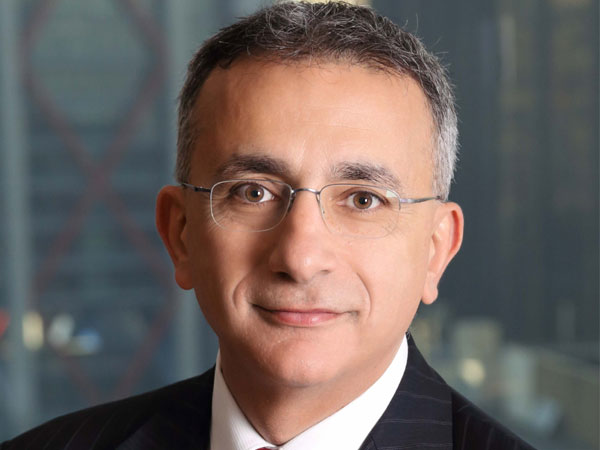
The Indian mutual fund industry has seen substantial improvement in disclosure norms over the past few years and is among the best globally. This could boost investor confidence, leading to a bigger shift to financial assets, says Anthony Serhan, MD-Research Strategy, Asia-Pacific, Mor-ningstar in an exclusive interview to Ashwin J Punnen of Financial Chronicle.
You have recently come out with your biennial report grading the experiences of mutual fund investors in 25 countries. How has India faired?
India is doing fairly well. We compared 25 different countries across North America, Europe, Asia, and Africa. And India comes out of average. That means India is right among half the countries we have studied. India has done well and retained an overall grade of Average and now leads most markets in terms of disclosure practices.
India receives an Average grade in Regulation and Taxation. India matches global best practices in many areas of regulation. India is one of only a handful of countries in this study that continue to have capital controls limiting the amount funds can invest in foreign securities. The tax system provides incentives for fund investing, including the deferral of capital gains tax until units are sold.
Which are the areas where the Indian mutual fund industry has done well?
As I have mentioned disclosure requirement in India is among the best. In the disclosure component India had an upgrade from the previous study. India is one of the two countries that have got top grade apart from the US. Isn’t that incredible? The credit definitely goes to the regulator and of course to the industry for following those new regulatory changes. In the area of the disclosure, were we feel further improvement is possible in the offer documents. Transparency of portfolio holdings remains the best of any market, with monthly disclosure required and those portfolios typically released after 10 days. It is now mandatory for Indian asset managers to disclose fund manager compensation levels as well as manager investments in their funds.
This transparency should boost confidence in the sector. When investors get to see or get analysis experts of the scheme portfolio that create confidence and more trust in the market.
Sales practices in India receive an Average grade. The quality of advice has improved through a range of initiatives, starting with the Investment Advisory Regulations in 2013 and more-recent moves to place caps on the level of commissions paid by product providers.
Which are the areas where India needs to improve?
India got below Average grade in fees and expenses. This because of the higher expense ratios in India, which in turn reflect the more limited economies of scale at present. It also receives an Average grade in Regulation and Taxation. India matches global best practices in many areas of regulation. India is one of only a handful of countries in this study that continue to have capital controls limiting the amount funds can invest in foreign securities. The tax system provides incentives for fund investing, including the deferral of capital gains tax until units are sold.
India’s Fees and Expenses grade of Below Average reflects some of the highest expense ratios for equity and allocation funds in the study and the reliance of ongoing trailing commissions to pay for advice. Canada, India, Italy, and Spain are the only countries in the study that report median fees of 2% or more. While these elements fall behind global best practices, the situation is not unusual given the developing nature of the Indian fund market and the impact this has on scale and distribution.
How is the mutual fund industry doing globally?
This year, the US ranked as the most investor-friendly market, while no country received a bottom overall grade. Notably, more than half of the markets received an overall grade of average.
While the US is the only country to receive a Top overall grade, leading with lower expenses and a strong disclosure regime, it’s held back by a Regulation and Taxation grade that trails many markets.
In the US, funds must contend with multiple regulators, which can cause confusion and mixed signals. Unlike some other countries, there is no requirement that soft dollars be used exclusively for the benefit of the fund’s research.




